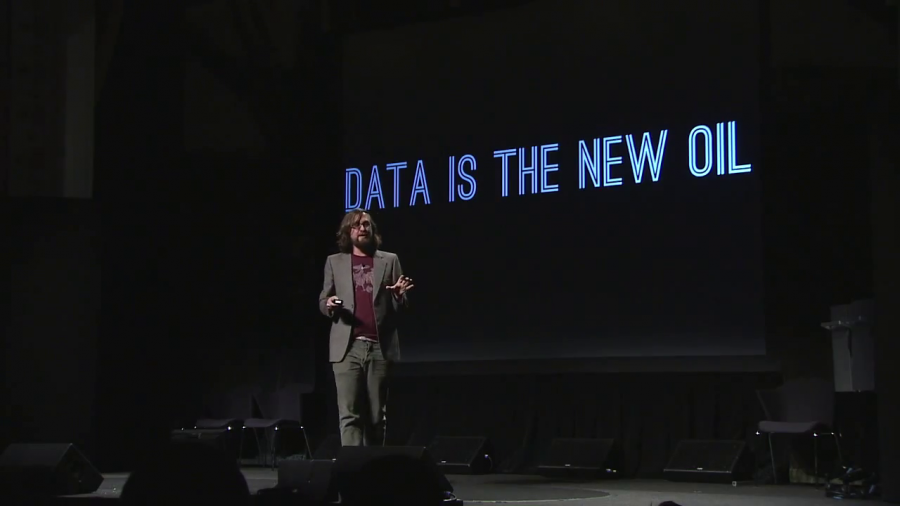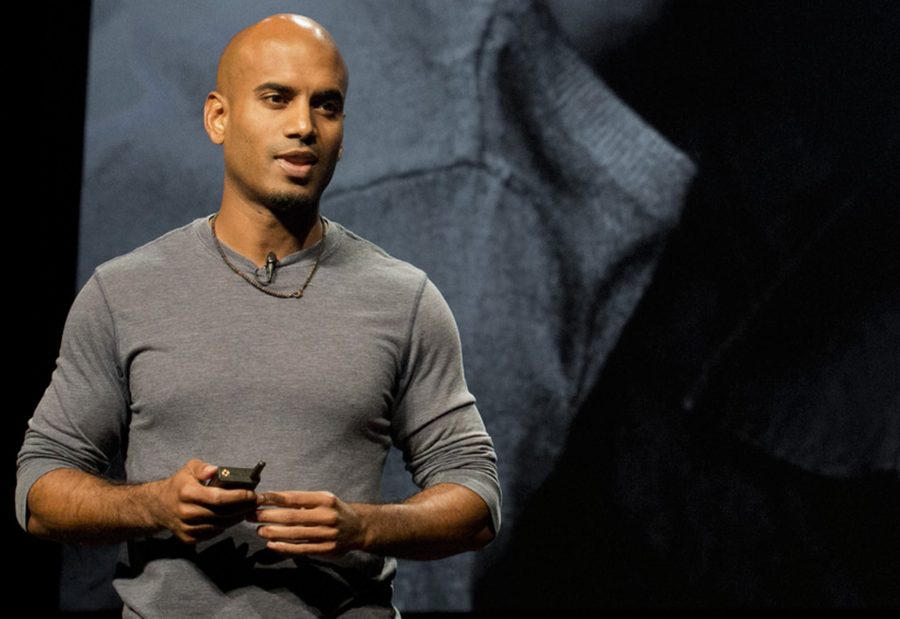Much of economics and public policy rests on the assumption that increasing the wealth of individuals and nations provides a route to increasing their wellbeing. So why does money fail us?
Archive
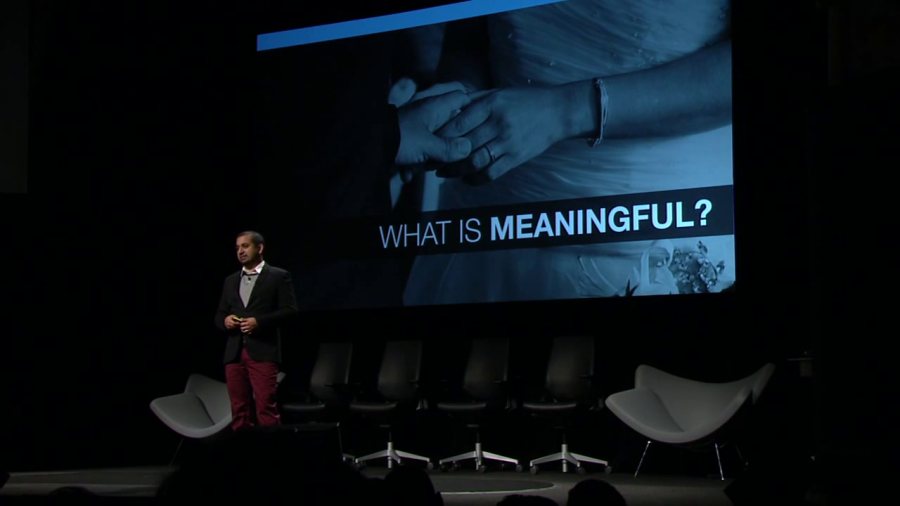
I’m glad those social networks provide those services. I think it’s important for the dialogue to happen that way. But it can’t be the only way for us to have public discourse. Online, we only have these spaces that are owned by private companies. We don’t have public parks.

We’re living in this amazing time. The speed of innovation has created technologies that have literally reimagined industry after industry. Technology has improved almost every tool that we use on a daily basis, and it’s time to start bringing this technology to use for good.
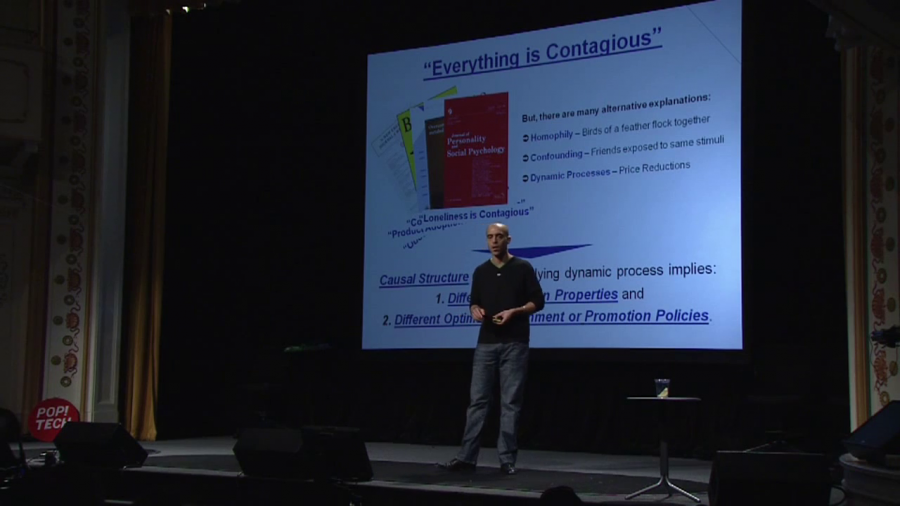
The reason that I am interested in behavioral contagions is that I firmly believe that if we can understand how behaviors spread in a social network and thus in a population from person to person to person to person, that we could potentially promote behaviors like…condom use, or tolerance.

One of the most recent paradigms that we’ve used to try to get this under experimental control is to ask people to act out pretend harmful actions. So for instance, we’ll give them a disabled handgun. We’ll show them that it’s fake. That it couldn’t possibly harm a fly. We put it in their hands and then we ask them to shoot us in the head.
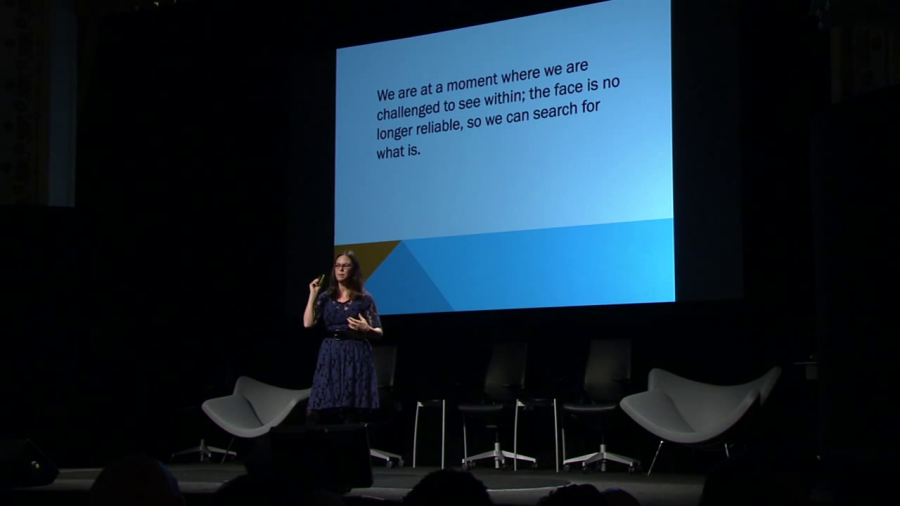
The French philosopher Immanuel Levinas has taught us that it is through our interactions with the face of somebody else, it is through encountering the face of another, that our responsibilities to someone else arise. You cannot look at somebody else, truly look at them, and then walk away without having some kind of sense of a relationship towards that person. But what if the other has no face? What then? Or what if the face of the other is actually the face of another person entirely?


